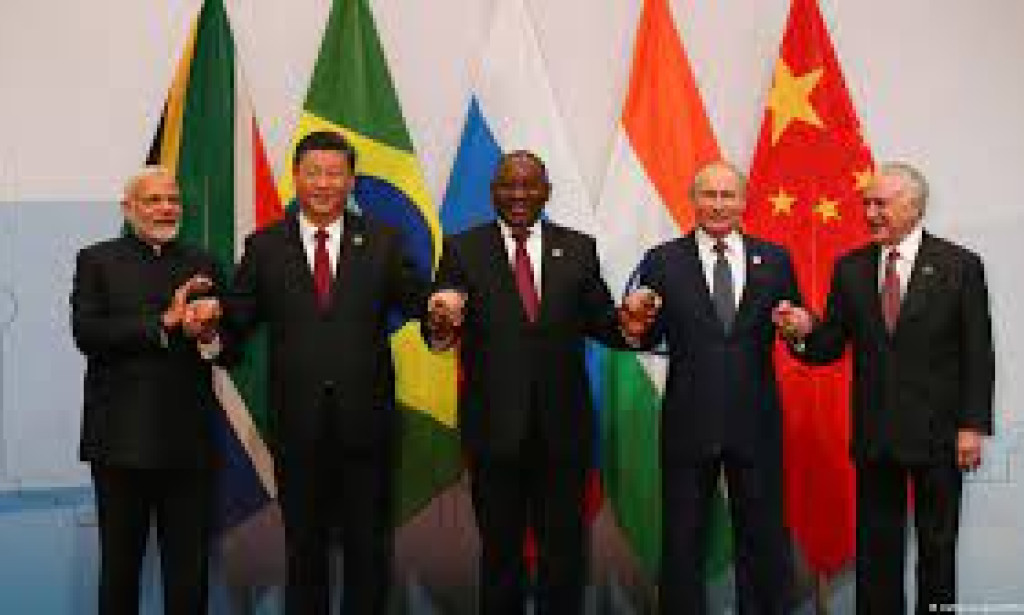BRICS is an acronym that stands for Brazil, Russia, India, China, and South Africa 12. The term was originally coined by Jim O'Neill, a Goldman Sachs economist, in 2001. The BRICS countries are all major emerging economies and are expected to play a significant role in the future growth of the global economy.
Brazil, Russia, India, China, and South Africa are all members of the G20 group of major economies 12. BRICS countries have diverse characteristics and strengths, but share a common goal of becoming increasingly influential on the world stage. They represent 41% of the global population, 23% of global GDP, and account for 18% of global trade.
BRICS countries have been increasingly active in international politics and economics. In 2006, they formed the BRICS Development Bank, also known as the New Development Bank (NDB), with the aim of providing funding for infrastructure and development projects in emerging economies. They also have their own summit, the annual BRICS Summit, where they discuss economic and political issues.
The COVID-19 pandemic has highlighted the importance of cooperation between countries, and BRICS countries have been working together to combat the virus. They have shared information and resources, and have called for increased funding for the WHO to help fight the pandemic.
Despite their shared goals and growing influence, BRICS countries face a number of challenges. Economic growth has slowed in recent years, particularly in China and Brazil, and political tensions between countries have also been a concern. However, the BRICS countries have a large potential market, abundant natural resources, and a young population, and they are expected to continue to grow in importance on the global stage.



You must be logged in to post a comment.